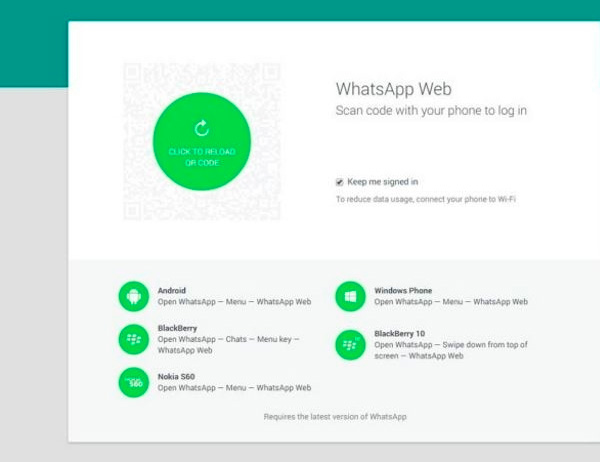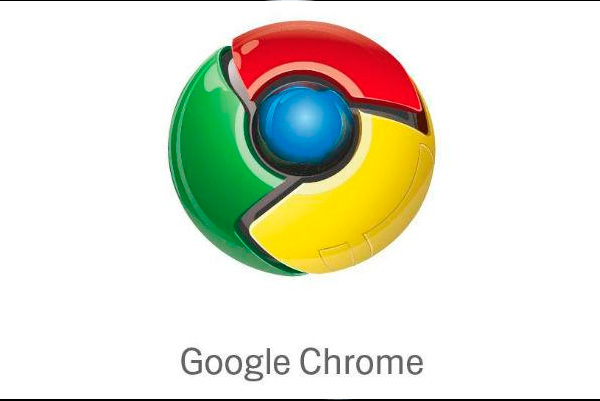Here is a great news for all you busy cyber little mobile bees, who can stand to be constantly bombarded by the endless annoying ads. The famous Adblock Browser app has decided to go mobile. Both Android and IOS users are going to appreciate this decision so much.
How efficient this app is going to be in the mobile environment? Well, this is a tough question to answer to. Apparently, Adblock Browser offers much more with its mobile edition. For example, there is a solid promise that your battery’s life is going to be improved. Seriously?
What is the connection between ads and a smartphone’s battery? Adblock Browser should do, what is does the best. Fight the ads. This may seem as only the one and insufficient thing to offer to spoiled and demanding smartphone users, but mark our words, it is more than enough.
We can only wish for the favorable mobile winds and rewarding profit sea for this popular app. Yet, the mobile money can make apps do funny things. We sure hope our Adblock Browser is not going to be among them. Otherwise, this is going to become one more sad mobile story.









